
Dr. Ashraf Kamel
Urology & Andrology
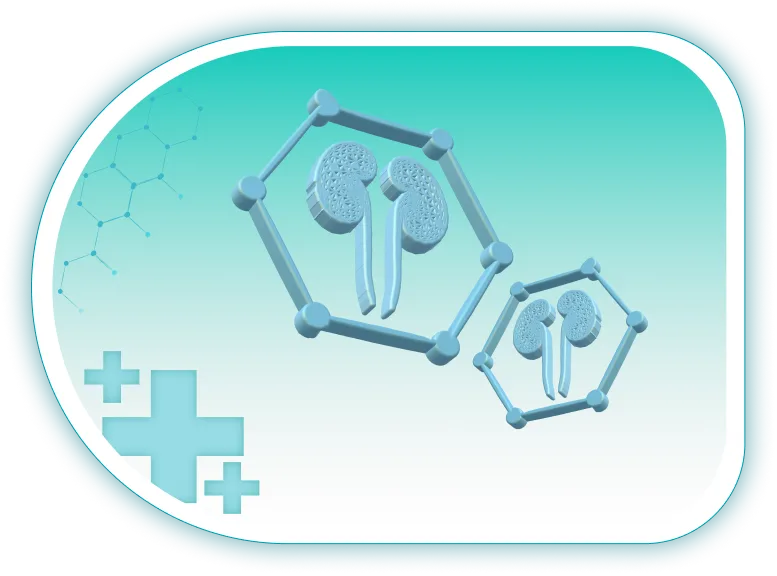




Feeling a loss of desire? Don’t let diminished libido affect your quality of life. German Medical Center offers discreet and expert care, identifying underlying causes and providing personalized treatment plans. Our specialists address hormonal imbalances, lifestyle factors, and psychological aspects, helping you regain vitality and intimacy.
Reclaim your passion and rediscover your confidence. Begin your journey to renewed connection.
By booking an appointment with German Medical Center.
Our team of experts are passionate about providing only the best quality care and treatment to their patients.

Urology & Andrology

Urology & Andrology

Urology & Andrology
As mentioned, there are many different factors that can contribute to a decreased libido. Some of the most common causes include:
The symptoms of decreased or low libido can vary depending on the individual and the underlying cause. However, some common symptoms of low libido in women and men include:
The treatment options for decreased or low libido depend on the underlying cause. Here are some common treatment options:
There are a variety of diagnostic measures that can be used to identify the cause of low libido in women. Here are some common ones:
In conclusion, low libido can be a distressing condition for both men and women, impacting their overall sexual health and quality of life. The key is to talk to an andrologist in German Medical Center about any concerns regarding low libido, as they can help identify the underlying cause and recommend appropriate treatment options. With the right approach, it is often possible to improve libido and overall sexual function, allowing individuals to enjoy a fulfilling and satisfying sex life.
Male Urinary Incontinence refers to the involuntary loss or leakage of urine, considered a symptom rather than a disease....
Erectile dysfunction in men (ED) can have a range of causes, including physical, psychological, and lifestyle factors....
Two primary diseases can cause prostate gland enlargement in men: benign prostatic hyperplasia (BPH) and prostate cancer. Benign...
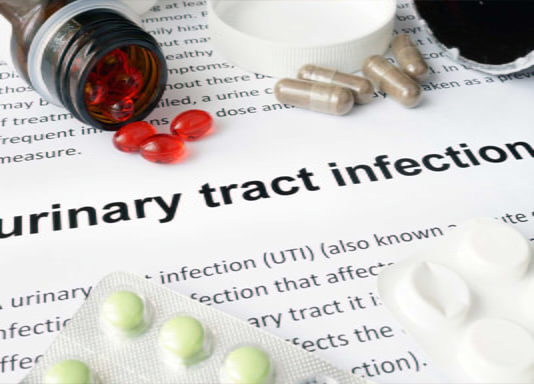
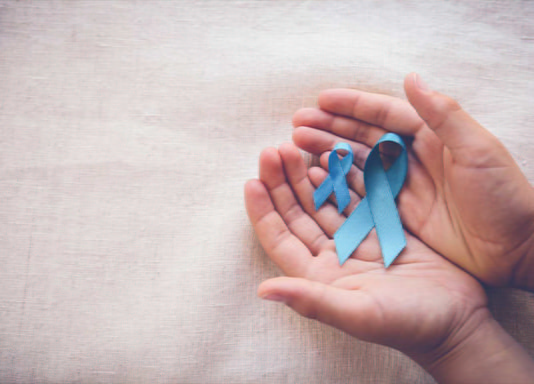


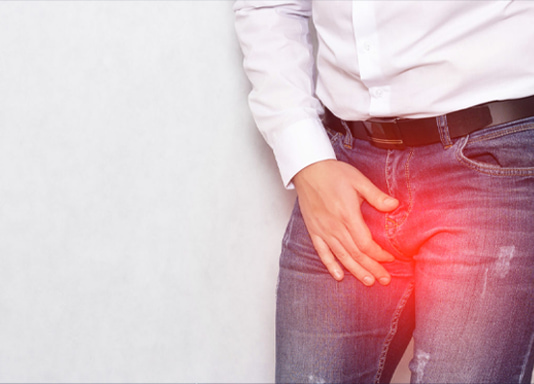
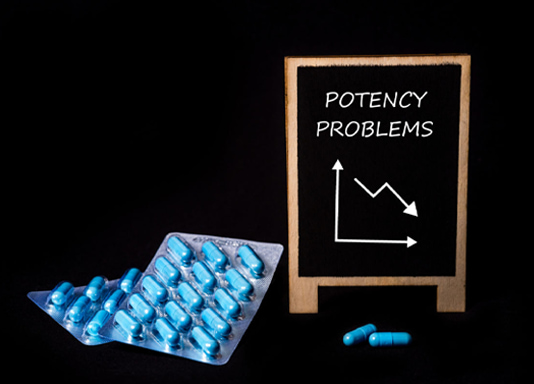

Partner with:
Partner with:


German Medical Center is one of the leading medical institution in Dubai formed by a group of specialists who are passionate about providing the personalized care tailored to the patient's unique needs.
Fill out our easy online form to book an appointment with German Medical Center. Our team of experts is dedicated to providing you with personalized care and guidance every step of the way. Don't wait, take charge of your well-being and schedule your appointment now!